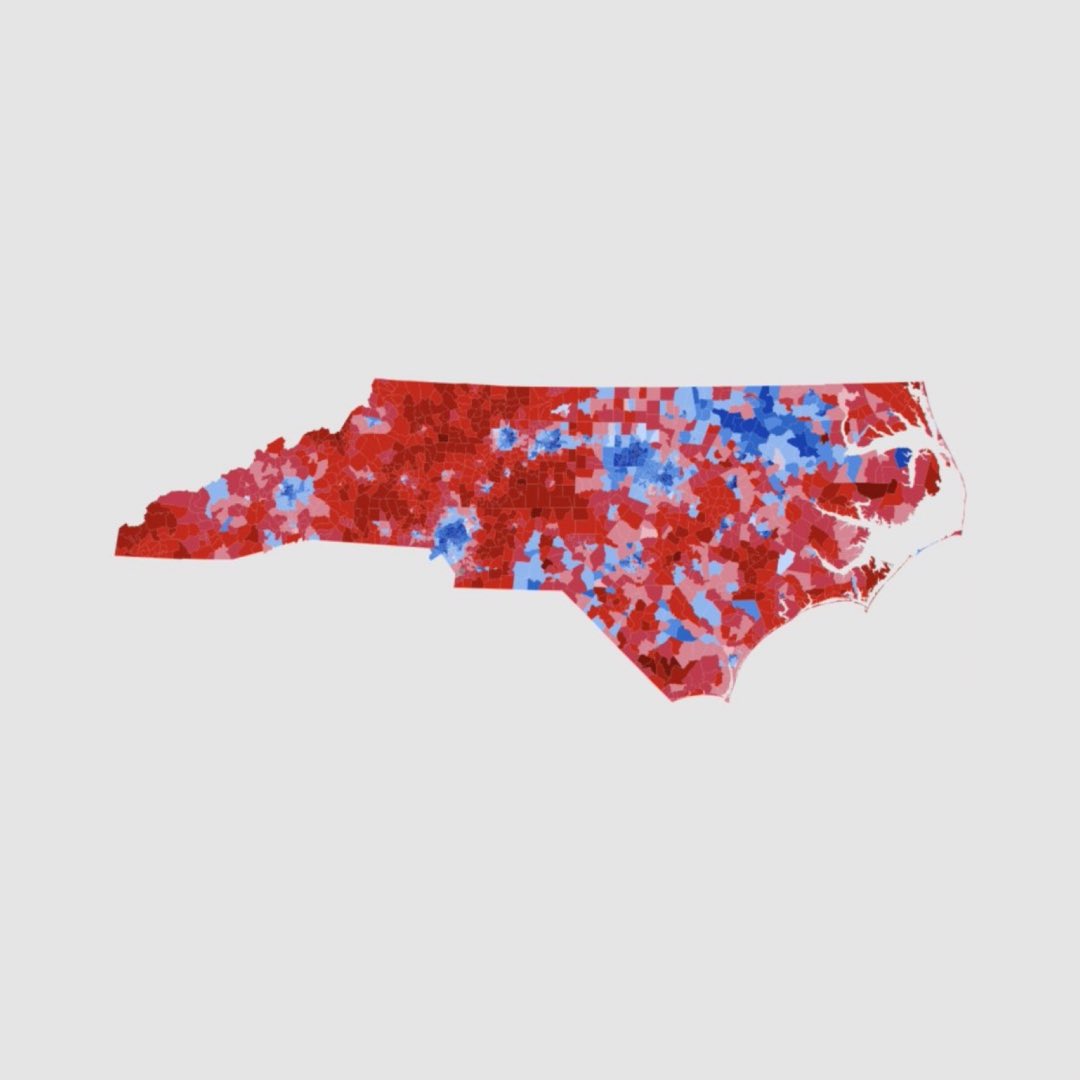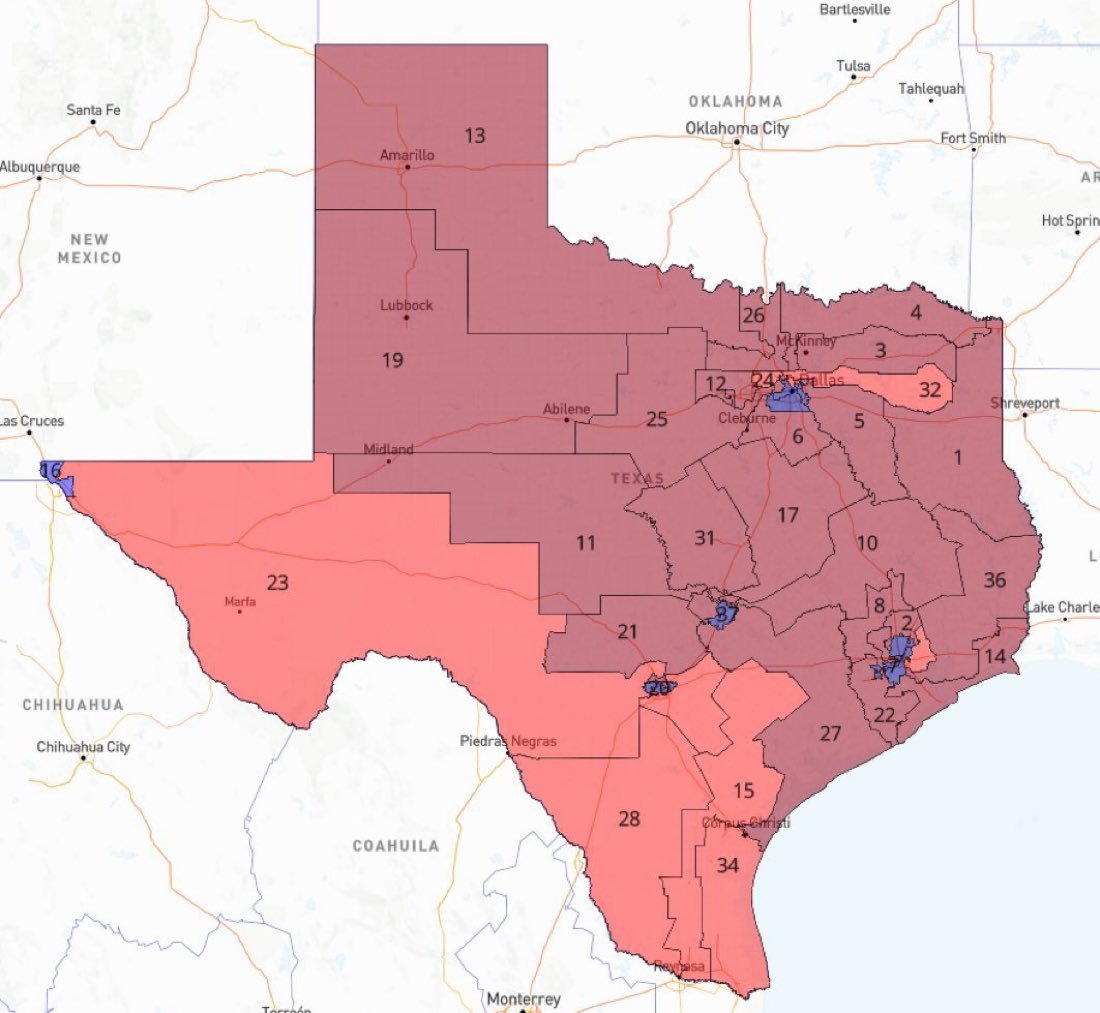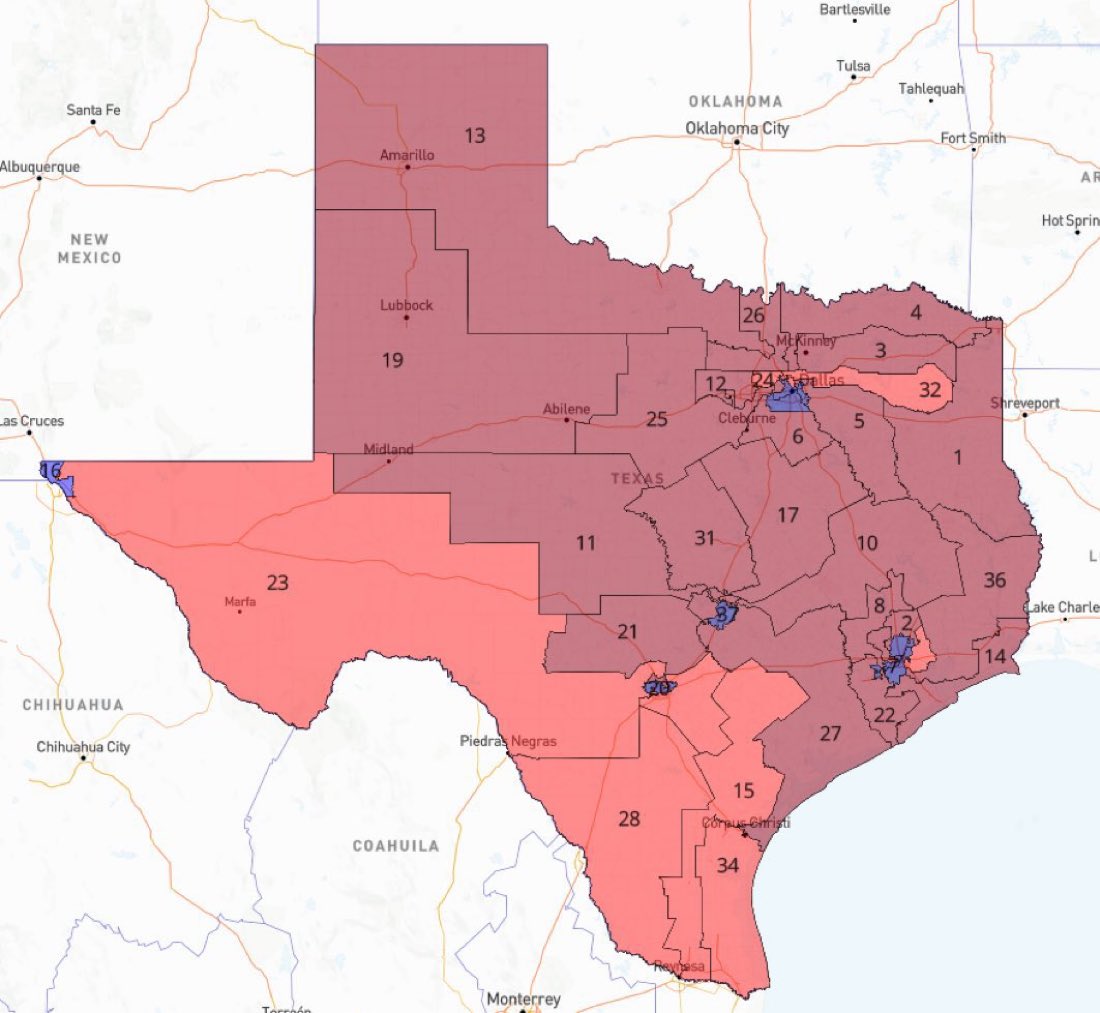Supreme Court Allows Texas Redistricting and Gerrymandered Maps to Proceed
In a significant ruling on Friday, the Supreme Court of the United States temporarily blocked a lower court's decision that had halted the implementation of new congressional maps in Texas. This ruling allows the state to proceed with its redistricting plans, which have faced scrutiny and allegations of gerrymandering.
The Supreme Court's decision comes in the wake of a lower court's finding that the newly drawn maps could potentially disenfranchise voters. However, the high court's intervention suggests that it may ultimately support the legality of the maps, which have been criticized for favoring Republican candidates in upcoming elections.
The Texas redistricting process has been contentious, with various stakeholders arguing over the fairness and representation of the proposed congressional districts. Critics assert that the maps have been manipulated to dilute the voting power of certain demographic groups, while supporters argue that the redistricting reflects legitimate population changes and political dynamics.
Legal experts anticipate that the Supreme Court may issue a permanent ruling in favor of the new maps, solidifying their status ahead of the next election cycle. This development is particularly significant as it could influence the balance of power in Congress, especially in a state as large and politically pivotal as Texas.
The implications of this ruling extend beyond Texas, as it may set a precedent for similar redistricting battles in other states. As the nation approaches the next election, the decisions made by the Supreme Court regarding redistricting will be closely monitored by lawmakers, political analysts, and voters alike.




